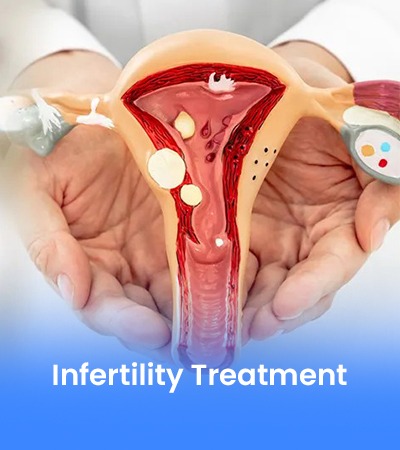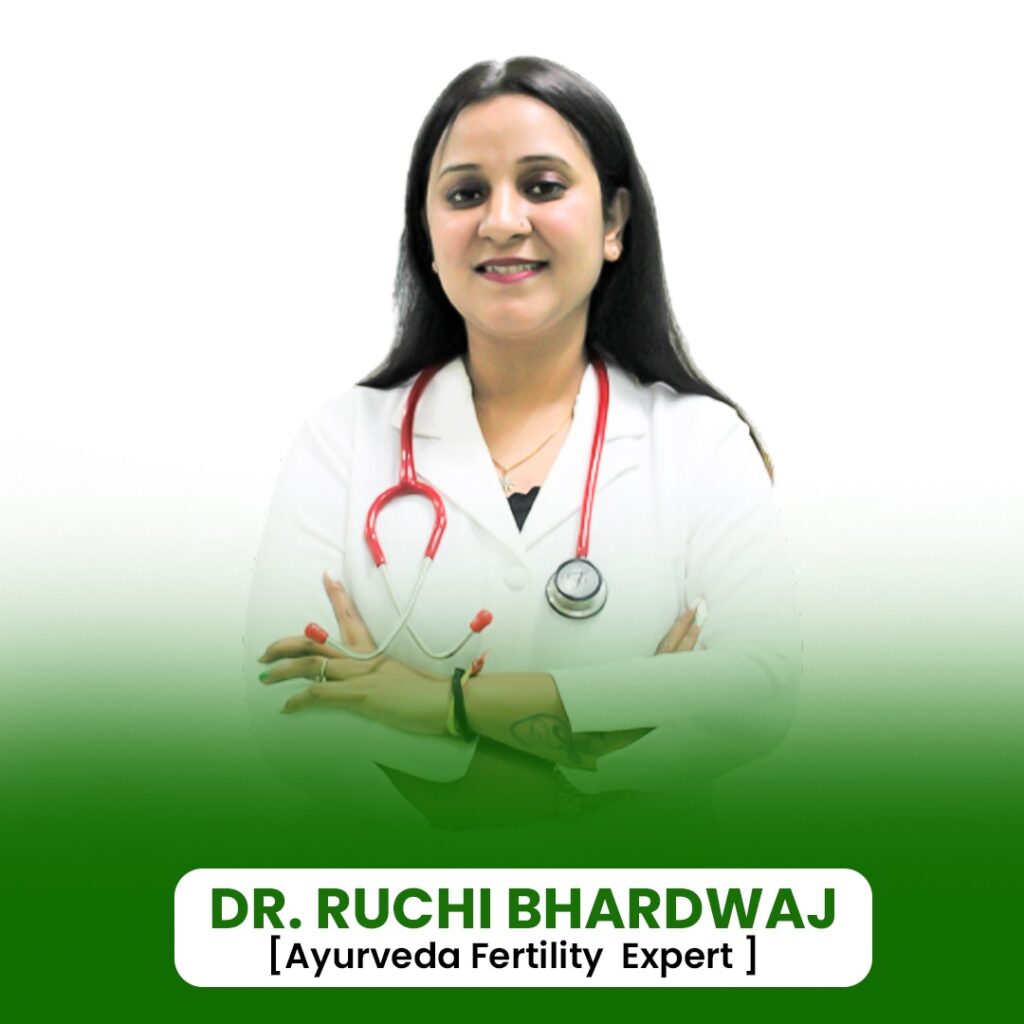Infertility Treatment in Delhi: Natural, Safe & Effective Ayurvedic Solutions

Infertility is becoming more and more of a concern for couples in Delhi as life gets faster and more stressful these days. If you are trying to find an infertility treatment in Delhi, that is both herbal and effective. Ayurvedic care gives a time-examined and holistic opportunity. Ayurveda doesn’t simply address the signs and symptoms; it works on the basis motive of infertility, whether or not it is hormonal imbalance, PCOS, low sperm count, or lifestyle troubles.
At ActiveAyuLife, we integrate historical healing traditions with customized care beneath the professional guidance of Dr. Ruchi Bhardwaj, a renowned Ayurveda Fertility Expert. With years of records in treating complex infertility cases through herbal and holistic techniques, Dr. Ruchi Bhardwaj has helped many couples fulfill their dream of parenthood, with Natural or non invasive outcomes or natural ayurvedic approaches.
Common Causes of Infertility
Infertility is not only a clinical situation; it’s often a reflected photograph of imbalances on your regular fitness. Some commonplace motives include:
- Hormonal imbalance (PCOS, thyroid issues)
- Poor egg or sperm first-rate
- Blocked fallopian tubes
- Stress and tension
- Unhealthy life-style and terrible vitamins
- Repeated IVF or IUI screw ups
Why Choose Ayurvedic Infertility Treatment in Delhi?
Unlike traditional treatments, Ayurveda specializes in lengthy-time period healing. Here’s why humans choose it:
- Focus on root motive elimination
- Personalized treatment plans for males and females
- Natural medicines without aspect outcomes
- Non-invasive and low cost as compared to IVF
- Improves ordinary reproductive and mental fitness
How Dr. Ruchi Bhardwaj Can Help You Conceive Naturally Through Ayurveda
At ActiveAyuLife, Dr. Ruchi Bhardwaj believes every woman’s fertility journey is particular. As one of the best infertility doctor in Delhi, she creates individualized Ayurvedic plans centered on recovery from the internal out.
Here’s how she facilitates:
- Detox first! Ayurvedic cleansing to dispose of hidden pollution
- Hormonal reset: Using Panchakarma treatment options and natural treatments
- Herbal care: Strengthens the uterus, improves egg/sperm nice
- Eat, pass, rest right: Guidance on what to devour, a way to rest, and which life-style adjustments enhance fertility
- Calm your mind: Stress-reducing support through meditation, herbs, and counseling
- It’s no longer pretty much treatment, it’s approximately making ready your body to welcome lifestyles, evidently.

Common Questions Patients Ask About Ayurvedic Infertility Treatment
Is Ayurvedic infertility treatment secure?
It’s absolutely safe. Treatments are based totally on herbal herbs and cures without any results when guided by using a certified expert like Dr. Ruchi Bhardwaj.
Can Ayurveda assist after failed IVF/IUI?
Ayurveda works on the basis motive, improves reproductive health, and supports herbal concepts, even after failed IVF or IUI trials.
How long does the remedy take?
It varies. Most sufferers notice improvement inside 3–6 months, counting on the condition and the way well they agree to the remedy plan.
Are there any side effects of Ayurvedic infertility treatment?
No, Ayurvedic agents use natural herbs and means, which are free of soft and harmful side effects when a specialist is maintained.
Do lifestyle changes support Ayurvedic infertility treatment?
Balanced diet, regular exercise, stress management and following the doctor’s advice improves the effectiveness of Ayurvedic care.
Can Ayurveda treat infertility related to PCOS?
Yes, Ayurveda deals with hormonal imbalance and metabolic problems in PCOS to improve fertility naturally and in continuity.
Can I expect results from Ayurveda soon?
Most patients see improvements within 3 to 6 months, depending on the condition and compliance with treatment.
Is Ayurvedic treatment suitable for both men and women?
Yes, Ayurveda provides personal treatment for male and female infertility problem
If you are looking for a reliable, natural, and lower priced infertility remedy in Delhi, Ayurvedic care at ActiveAyuLife can make an actual difference. With the knowledge of Dr. Ruchi Bhardwaj, many couples have effectively overcome fertility demanding situations, certainly.

